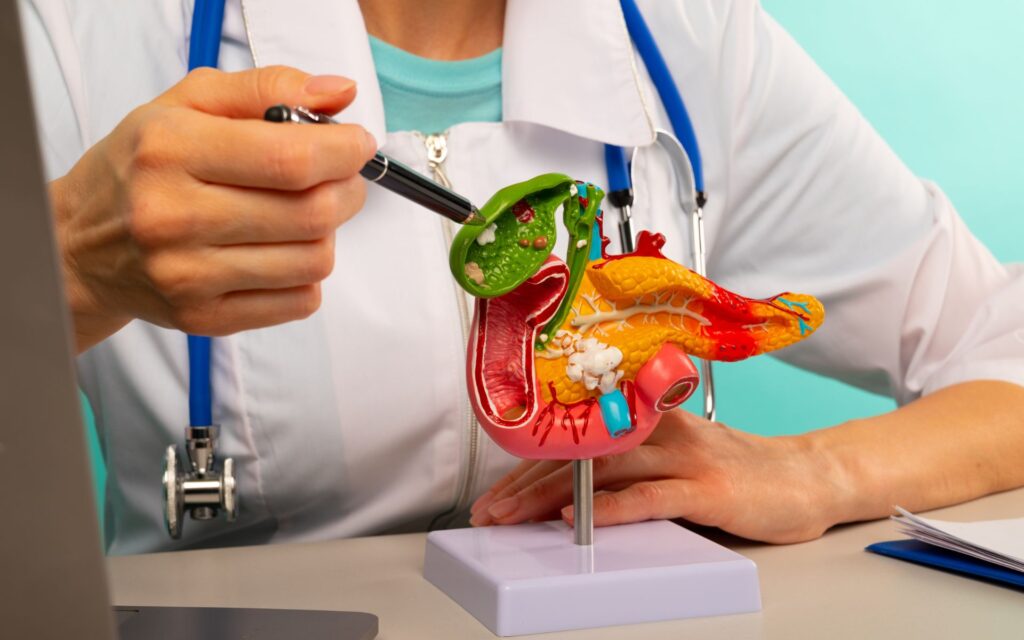
Gastrointestinal (GI) health is essential for overall well-being, as it directly impacts your digestion, nutrition, and energy levels. However, chronic GI issues can disrupt your daily life and may require surgical intervention to restore normalcy. In this blog, we’ll explore the key signs indicating the need for gastrointestinal surgery, the types of procedures available, and how they can significantly improve your quality of life.
What is Gastrointestinal Surgery?
Gastrointestinal surgery refers to a range of procedures performed to treat diseases and conditions affecting the digestive tract, including the stomach, intestines, esophagus, liver, and pancreas. These surgeries can address issues like blockages, chronic pain, or diseases that don’t respond to medication.
Minimally invasive techniques, such as laparoscopy, have made these procedures more accessible, reducing recovery time and improving outcomes for patients.
Signs You Might Need Gastrointestinal Surgery
1. Persistent Abdominal Pain
Chronic abdominal pain that doesn’t go away despite medication or dietary changes may indicate serious underlying conditions like gallstones, appendicitis, or ulcers. Surgery can help identify and resolve the root cause.
2. Chronic Acid Reflux or GERD
Gastroesophageal Reflux Disease (GERD) can lead to complications like Barrett’s esophagus or esophageal strictures. If medications fail to control symptoms, surgical options like fundoplication may provide relief.
3. Difficulty Swallowing (Dysphagia)
Struggling to swallow could be a sign of esophageal narrowing, hernias, or even cancer. Surgical intervention can remove blockages and improve swallowing function.
4. Unexplained Weight Loss
Significant, unintentional weight loss may point to serious GI conditions, such as Crohn’s disease, celiac disease, or even tumors. Surgery can address these underlying issues, helping restore healthy digestion.
5. Bloating and Frequent Nausea
If bloating and nausea become a regular occurrence, they could be symptoms of conditions like intestinal blockages or gastroparesis, which often require surgical treatment.
6. Blood in Stool or Vomit
The presence of blood in stool or vomit is always a red flag. It may indicate ulcers, colorectal cancer, or inflammatory bowel diseases like ulcerative colitis, all of which might need surgical management.
7. Gallstones or Gallbladder Problems
Gallstones can block bile flow, causing severe pain and digestive issues. Surgery to remove the gallbladder (cholecystectomy) is often the most effective treatment.
8. Persistent Constipation or Diarrhea
Chronic bowel irregularities could be linked to conditions like diverticulitis, bowel obstruction, or colorectal cancer. Surgery can help restore normal bowel function.
9. Hernias or Visible Bulges in the Abdomen
Hernias can cause discomfort and complications if left untreated. Surgical repair ensures the issue doesn’t worsen or lead to life-threatening complications.
10. Diagnosed Digestive Disorders Requiring Surgical Intervention
Some diagnosed conditions, such as Crohn’s disease, ulcerative colitis, or cancer, may eventually require surgical treatment when medications and lifestyle changes fail to manage symptoms.





